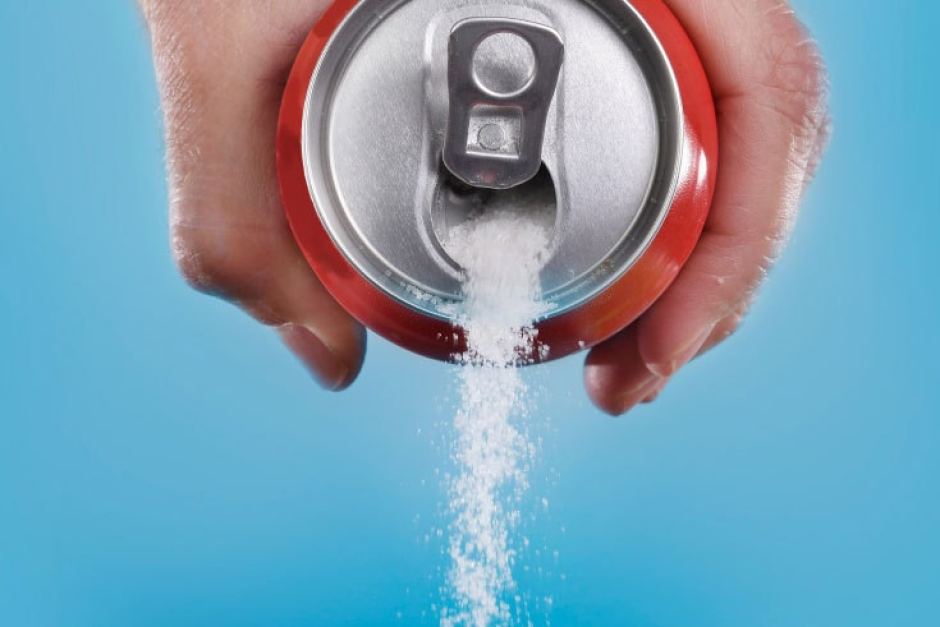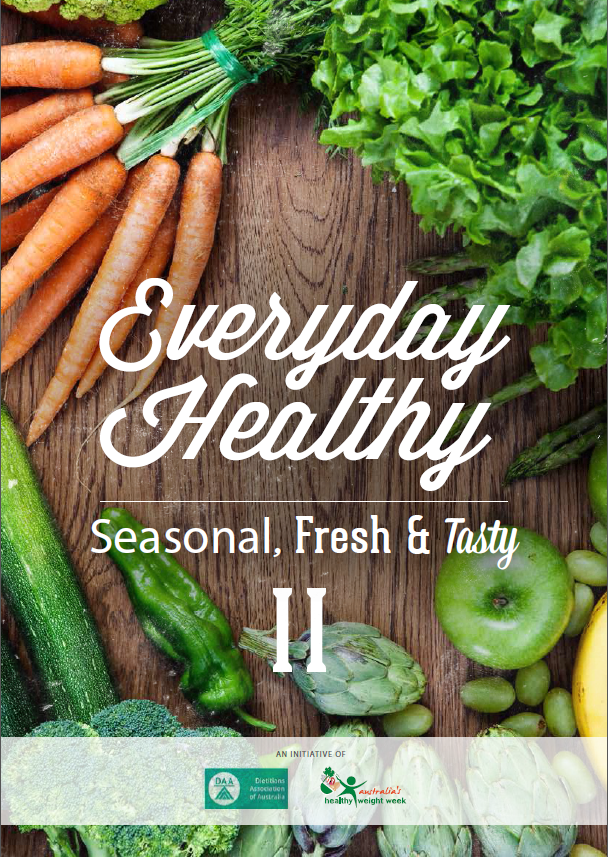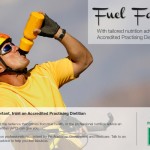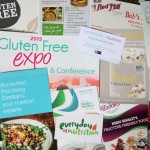On Sunday October 11th, Run Ballarat had its 4th birthday that saw thousands of people partake in the community event. All ages and abilities took part in either the 1km Kids Run, 6km Family Walk or the 6km or 12km run. Run Ballarat is part of Run Australia, and fundraises for the redevelopment of the Children’s Ward at The Ballarat Base Hospital.
With textbook conditions it was a great day out for the whole family. There was lots of entertainment, stalls and healthy post-race refuelling stations of bananas, oranges, watermelon and water. As an Accredited Practising Dietitian and having completed the 12km run, I was delighted with the healthy options on offer.
It was a fabulous, fit and fun day had by all!
Sports nutrition is an area of interest for me and becomes increasingly important with increasing duration and intensity of exercise.
For elite athletes, training must target specific metabolic systems to enhance their function in their particular competitive event. Therefore, within an athletic population there are different competitive events, performance goals and training schedules that require specific diets to sustain the metabolic systems being used.
Seeking the support of a Sports Dietitian can enable unique dietary needs to be taken into account to ensure adequate training, pre-event, during and post-event nutrition to support optimal performance.
My top tips for a fun run event like Run Ballarat include:
- Begin the event well hydrated. 300-600ml with the pre-event meal then 300-450ml in the 15-20 minutes before the event.
- Pre-event meal (1-4 hours before the event) helps to top up liver glycogen levels. Carbohydrate rich and low in fat and protein will help decrease the risk of gastrointestinal upset during the event. For example a banana and honey sandwich, baked beans on toast or plain breakfast cereal with low fat milk and fruit.
- A supplementary source of carbohydrate such as a sports drink or gel is not necessary in short exercise periods, but are useful in fluid and carbohydrate replacement in events of 1 hour or more.
- Good recovery snacks include a source of carbohydrate and protein. For example cereal and milk, peanut butter on bread, a glass of milk or low fat fruit smoothie.
If you are undertaking intensive training or are an athlete, an individualised assessment and subsequent generation of a tailored nutrition plan is recommended. This will enable you to meet your physiological and metabolic demands and achieve your best performance.
With healthy regards, ADVANCED Nutrition.
Clinical Sports Nutrition, 4th Edn. Louise Burke and Vicki Deakin. Chapters 12-14.








